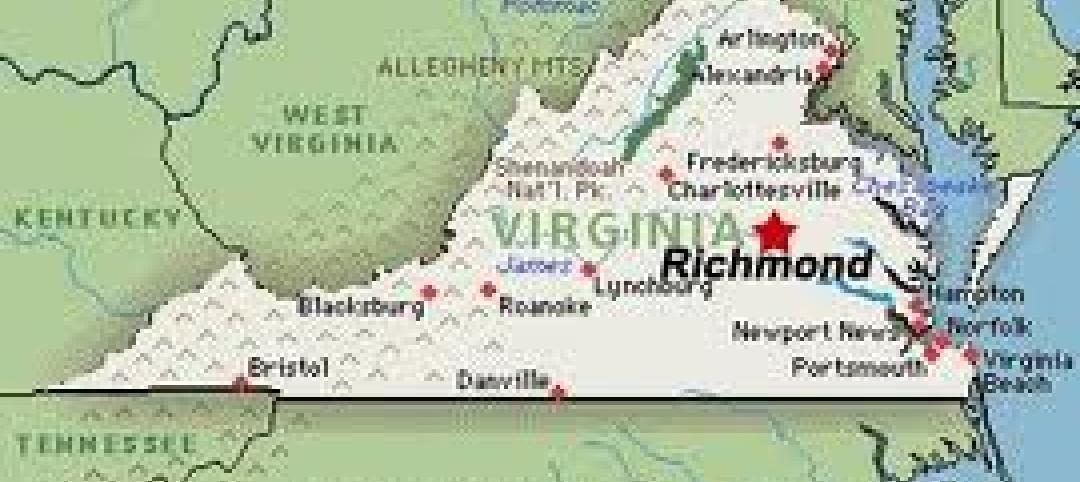FLEXLAB, short for the Facility for Low Energy Experiments, opened this summer at the Lawrence Berkeley National Laboratory. Scientists, architects, and engineers can use these four buildings to mimic the conditions inside and outside just about any building on Earth to test different elements for energy efficiency.
The buildings can simulate temperature, sun exposure—even the body heat of people sitting inside them. One of the test beds rotates 270 degrees to track the movement of the sun so that it can emulate the light exposure a building would get at different latitudes or in different seasons.
The new $16 million facility’s biggest value will come from validating models that can predict how a certain window or a shade will perform in a particular location. The facility lets researchers swap out cladding, shades, and windows to test different configurations.
About 1,000 sensors monitor multiple building dynamics such as power, airflow, and lighting. Portable “occupant thermal generators” mimic the body heat of people sitting in a space. Large cooling and heating systems can make up for the lack of temperature and humidity variation in the Bay Area.
(http://gizmodo.com/the-rotating-building-where-the-offices-of-the-future-w-1602471614)
Related Stories
| Feb 23, 2012
Federal budget cuts put major building projects on hold
A plan to build the National Bio and Agro-Defense Facility in Kansas is among several major building projects in jeopardy after the Obama administration’s 2013 budget was unveiled. The budget would cut all construction spending for the facility.
| Feb 23, 2012
Federal agencies fixed on leasing LEED-certified space
The federal government is especially focused on renting LEED-certified spaces.
| Feb 23, 2012
Regulators investigating construction accident at World Trade Center
The New York Port Authority and the city’s fire and building departments are investigating an accident at the World Trade Center construction site in lower Manhattan after a crane dropped steel beams that fell about 40 stories onto the truck that delivered them.
| Feb 23, 2012
New Virginia statewide building code goes into effect March 1
After March 1, all building plans in Virginia must adhere to the 2009 code that was adopted a year ago.
| Feb 23, 2012
Privatizing flood insurance could lead to new code requirements
One thing that could pave the way toward private flood insurance would be NFIP reforms, like requiring new construction in flood-prone areas to be elevated.
| Feb 22, 2012
ACI BIM manual for cast-in-place concrete in development
The improved communication, coordination, and collaboration afforded by BIM implementation have already been shown to save time and money in projects.
| Feb 20, 2012
Comment period for update to USGBC's LEED Green Building Program now open
This third draft of LEED has been refined to address technical stringency and rigor, measurement and performance tools, and an enhanced user experience.
| Feb 20, 2012
GAF introduces web portal for architects and specifiers
The new portal offers a clean look with minimal clutter to make it easier to find the technical information and product data that architects need.














